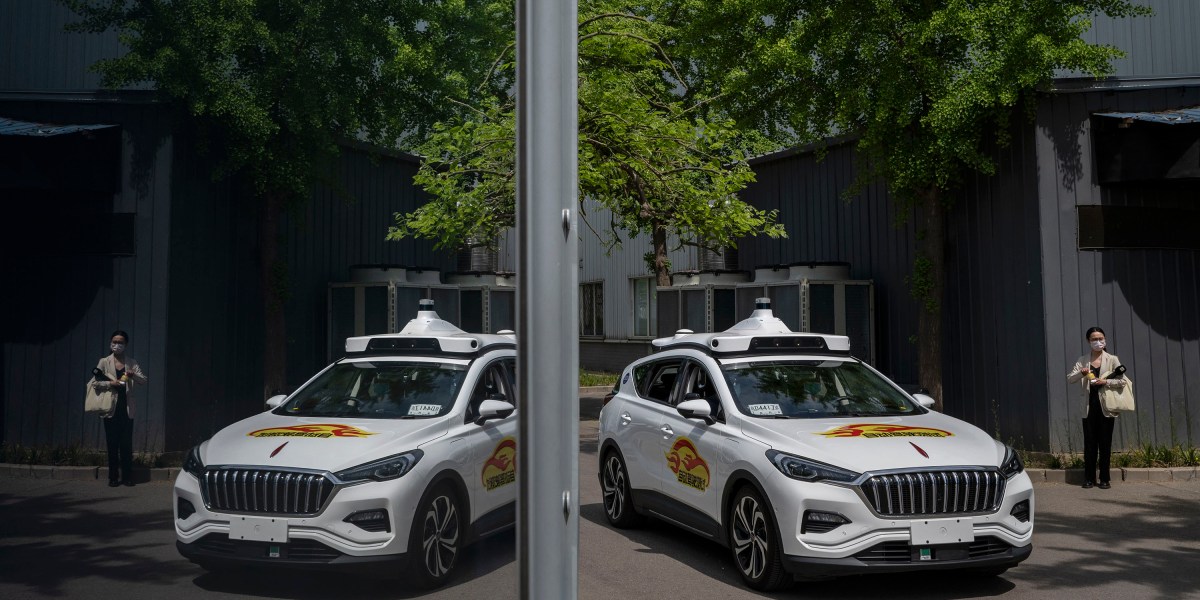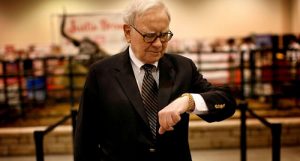How China is regulating robotaxis

One difference between the robotaxi rollouts in the two countries has to do with regulation. Chinese regulators are known for their hands-on approach and the tendency to rein in new technologies early. Robotaxis have been no exception.
In December 2023, China’s first regulation on commercial operation of autonomous vehicles went into effect. It sets some ground rules for different kinds of vehicles: roboshuttles or robotrucks still need to have in-car safety operators, while robotaxis can use remote operators. The ratio of robotaxis to remote operators cannot exceed 3:1, and operators need to pass certain skill tests. There are also rules specifying what data the companies need to report when accidents happen.
Like any first stab at regulations, the document still seems relatively abstract at this point. But it does put China one step ahead of the US, where national legislation on robotaxis could take much longer to come, and it’s the individual states taking all the steps for now. It will be interesting to see how the different regulatory approaches will affect the industry in the future.
On that note, we might be able to see American and Chinese robotaxi companies compete directly soon—not on their home turfs, but in the Middle East. In Abu Dhabi, the capital city of the United Arab Emirates, robotaxis made by the Chinese company WeRide have been carrying out free test rides. Just a two-hour drive away in Dubai, robotaxis made by Cruise are also being tested, even though the same vehicles have been pulled off the roads in the US.
Maybe we will soon be able to ride a Chinese robotaxi and an American robotaxi on the same day. If you get the chance to do that, definitely let me know how it goes!
Do you think the Chinese hands-on regulatory approach will benefit the industry or not? Tell me your thoughts at zeyi@technologyreview.com.
Catch up with China
1. China’s population declined for the second year in a row, according to new data released by the government. (NBC News)
2. AI scientists and policy experts from the US and China held secretive talks in Geneva last year to align their views on AI safety. (Financial Times $)





